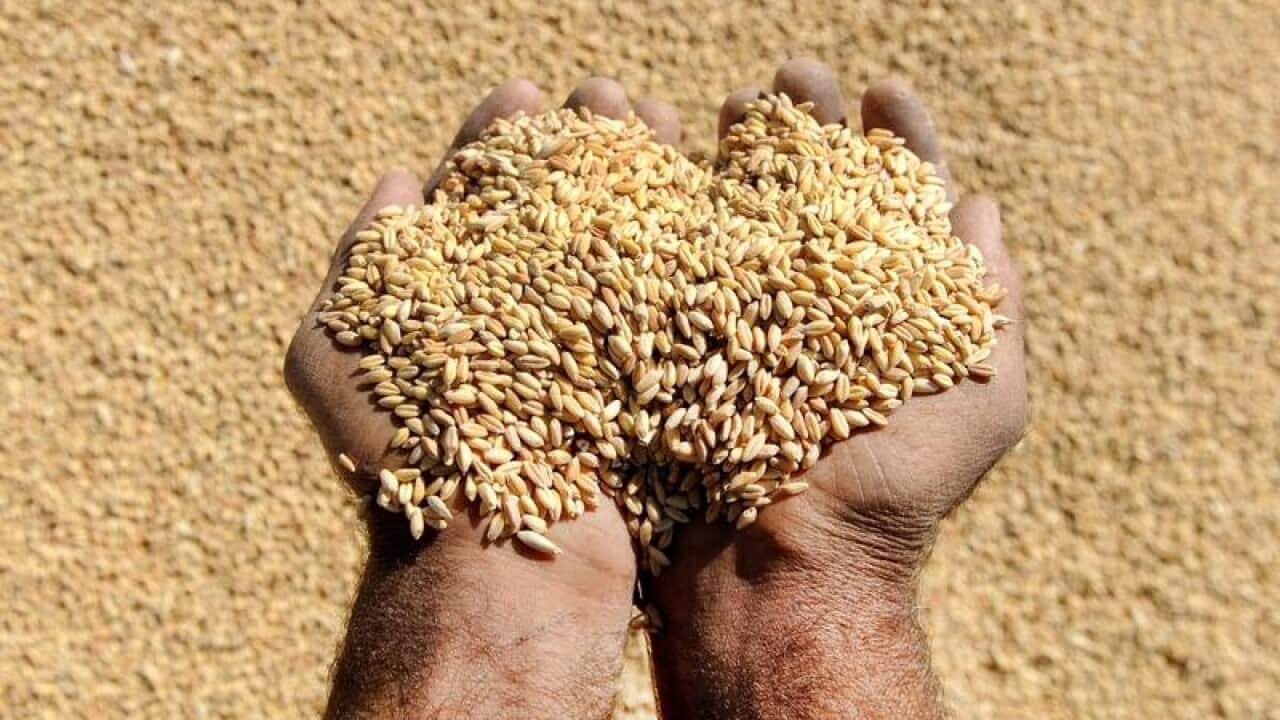Wheat growers in the Black Sea region are taking Australia's share of the south-east Asian market.
Agribusiness banking specialist Rabobank says wheat growers in the Black Sea region - Russia, Ukraine, Kazakhstan, Romania, Bulgaria, Hungary and Serbia - have an increasing presence in export markets, and it isn't a short-term phenomenon.
Rabobank senior grains and oilseeds analyst Cheryl Kalisch Gordon says Australia has already lost market share in south-east Asia.
Australia supplied almost 60 per cent of the region's wheat in 2011/12, and less than 40 per cent in 2016/17, she said.
"It is the volume and price of Black Sea-origin wheat in Australia's traditional and major markets in south-east Asia that is cause for concern," Dr Kalisch Gordon said on Wednesday.
Canada, the US and Argentina are also threatened with a loss of market share.
In a new report, Dr Kalisch Gordon said Black Sea region producers have been significant contributors to the world being "awash with wheat".
Grain originating from the Black Sea region represented less than 10 per cent of global grain production in the 2000s, but that has grown to 25 per cent today.
Rabobank expects Black Sea wheat exports to make up 45 per cent of production by 2030/31.
Black Sea region producers are still able to make profits despite the glut of wheat and corresponding low prices because their production costs are much lower, and they have been able to lift wheat yields per hectare at a significantly faster rate than Australia.
Dr Kalisch Gordon said the Australian Export Grains Innovation Centre has estimated Russia's production costs are around $A121 per tonne, and $A133 per tonne in Ukraine, compared to $A216 per tonne in Australia.
Black Sea producers have also enjoyed good seasons for five consecutive years, improved farming practices, soil management and use of chemicals, depreciating local currencies, and low freight rates.
Dr Kalisch Gordon said even if exchange rates and freight rates moved in favour of Australian producers, it would not significantly weaken the Black Sea producers' competitive position.
"Australian suppliers need to recognise the Black Sea region will present a sustained test of their positioning over the mid to long-term," she said.
"As such, there needs to be a focus on capturing the value of Australian grains, by delivering a product that is superior in terms of milling, baking, and manufacturing, but also customer service."
Australian producers should also look at servicing a range of markets, not just south-east Asia.
They could also consider opportunities to ship wheat earlier to take advantage of restricted wheat supply from the Black Sea region in winter.
Share

